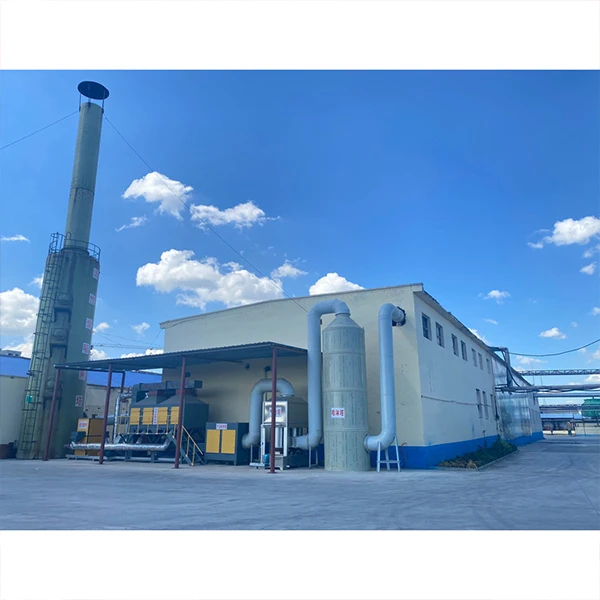The Versatility of Construction Gypsum Powder
Gypsum, a naturally occurring mineral composed of calcium sulfate dihydrate, has been a critical component in construction for centuries. As an essential building material, construction gypsum powder plays an integral role in various applications, from wallboard production to cement manufacturing and more. Its unique properties make it a favored choice among architects, builders, and contractors alike.
One of the most significant uses of construction gypsum powder is in the production of gypsum board, commonly known as drywall. Gypsum board is widely used for interior walls and ceilings due to its excellent fire-resistant properties and sound insulation capabilities. The powder is mixed with water to form a slurry, which is then spread between two sheets of heavy paper and allowed to set, resulting in a product that is not only lightweight but also easy to install. This ease of use, combined with its thermal and acoustic performance, has made gypsum board the material of choice for residential and commercial buildings.
In addition to drywall, construction gypsum powder is also integral in the manufacturing of plaster. Stucco, a type of plaster, is commonly used for exterior finishes on buildings. Its durable nature can withstand various weather conditions, making it an excellent option for protecting structures while enhancing their aesthetic appeal. Furthermore, plaster provides a smooth finish that can be painted over or left as a stylish surface, demonstrating the versatility of gypsum in different design contexts.
Another key application of gypsum powder is in cement production. Gypsum is added to cement to control the setting time and improve its workability. Without gypsum, cement would set too quickly, making it challenging for workers to handle and shape. The inclusion of gypsum allows for a balanced hydration process, ensuring that the concrete remains workable for an extended period, which is crucial during large-scale construction projects.
construction gypsum powder

Moreover, construction gypsum powder is increasingly being recognized for its sustainable qualities. As the focus on environmentally friendly building materials grows, gypsum stands out as a recyclable option. It can be rehydrated, allowing for the production of new gypsum products from recycled material. This not only reduces waste but also minimizes the demand for new raw materials, aligning with sustainable construction practices.
In recent years, innovations in construction technology have further enhanced the applications of gypsum powder. For instance, advancements in gypsum-based products have led to the development of lightweight and stronger building materials, which provide greater efficiency during construction processes. Research into the health benefits of gypsum, such as its ability to regulate indoor humidity levels, is also gaining traction. These factors contribute to creating healthier living and working environments.
However, it is important to handle construction gypsum powder with care. While it is a safe material when used properly, inhaling gypsum dust can cause respiratory issues, and measures should be taken to minimize exposure for workers during the construction process. Proper ventilation and dust control measures are essential to ensure a safe working environment.
In conclusion, construction gypsum powder is an invaluable material in the building industry. Its versatility, sustainability, and beneficial properties make it a preferred choice for a multitude of applications, including drywall, plaster, and cement. As the construction industry continues to evolve, gypsum will undoubtedly play a key role in shaping the future of sustainable and efficient building practices. Whether in the form of wallboard or plaster, gypsum remains a staple that enhances the functionality and aesthetics of modern construction.
-
Premium Detergent Grade HPMC Hydroxypropyl Methylcellulose: Superior Thickening & StabilityNewsAug.31,2025
-
HEC 100000 Hydroxyethylcellulose for Paint | Superior ThickeningNewsAug.30,2025
-
Wall Putty Rdp Powder Packaging DesignNewsAug.29,2025
-
Introduction to Hpmc Hydroxypropyl Methyl CellulosNewsAug.29,2025
-
Hpmc Industri Grade IntegrationNewsAug.29,2025
-
How to Choose the Right Construction AdhesiveNewsAug.29,2025




